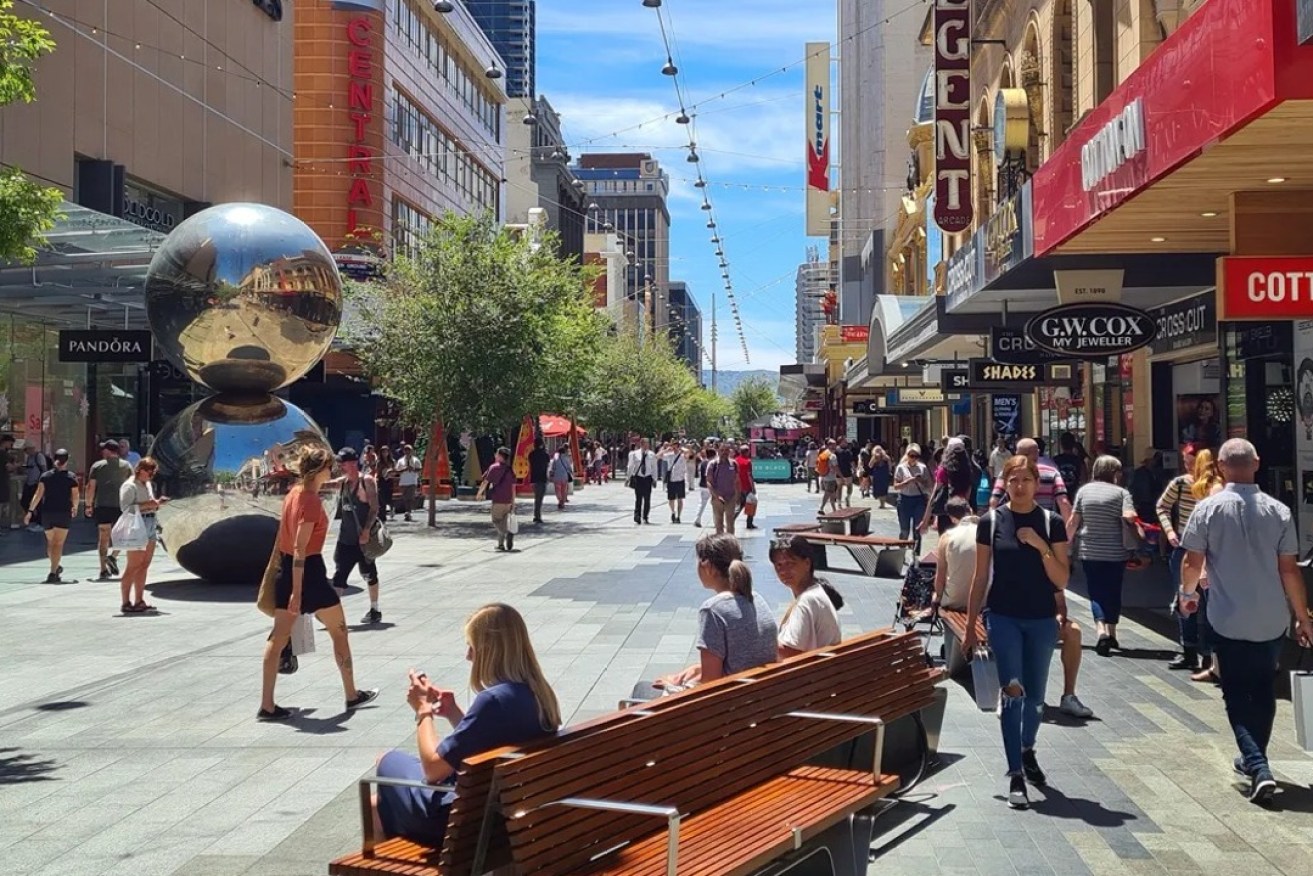Inflation steady for third consecutive month
Annual inflation remained unchanged in February, with housing, alcohol and insurance prices rising but clothing and recreation prices falling.


Photo: Andrew Spence/InDaily
Annual inflation remained at 3.4 per cent February according to Australian Bureau of Statistics (ABS) data released today.
That’s well below the high of 8.4 per cent recorded in December 2022.
The biggest contributors to the monthly consumer price index (CPI) indicator were rising prices for housing (up 4.6 per cent), food and non-alcoholic beverages (up 3.6 per cent), alcohol and tobacco (up 6.1 per cent) and insurance and financial services (up 8.4 per cent).
But those rises were somewhat offset by a decline in prices for clothing, household furnishings and recreation.
“CPI inflation is often impacted by items with volatile price changes like Automotive fuel, Fruit and vegetables, and Holiday travel. It can be helpful to exclude these items from the headline CPI to provide a view of underlying inflation,” ABS head of prices Michelle Marquardt said.
“When excluding these volatile items from the monthly CPI indicator, the annual rise to February was 3.9 per cent, down from 4.1 per cent to January. Annual inflation excluding volatile items has continued to slow over the last 14 months from a high of 7.2 per cent in December 2022.”
New dwelling prices rose 4.9 per cent over the year with builders passing through higher costs for labour and materials according to the ABS.
Prices of food and non-alcoholic beverages slowed this month, with the 3.6 per cent rise being the lowest rate of annual growth since January 2022 with prices in most food categories moderating. In the case of meat, seafood, fruit and vegetables prices fell in the 12 months to February 2024.
Insurance prices were up 16.5 per cent over the past 12 months, impacted by rising premiums across all insurance types which the ABS attributed to “higher reinsurance, natural disaster and claim costs”.
Pop music megastar Taylor Swift’s trip Down Under also had an impact on the latest figures, according to Marquardt.
“Although Taylor Swift performances saw hotel prices rise in Sydney and Melbourne, elsewhere accommodation and airfare prices fell in February due to the end of the peak travel during the January school holiday period,” she said.
The news comes after the Reserve Bank of Australia board kept interest rates steady in March, noting the moderating rate of inflation at the time.




